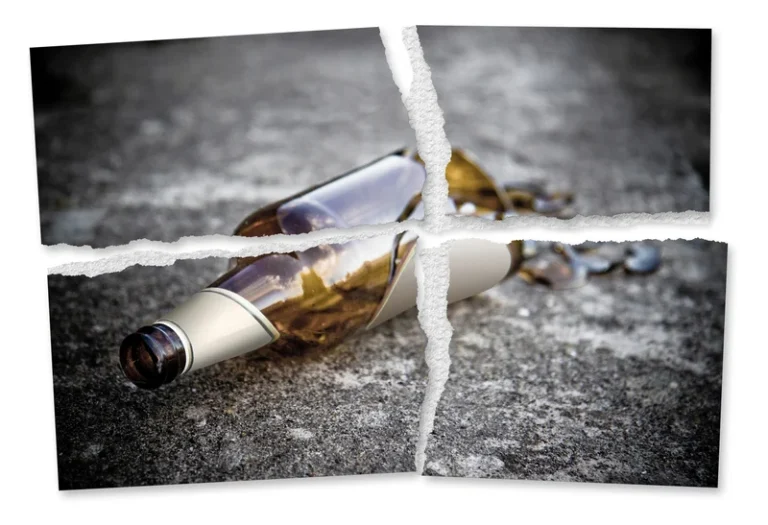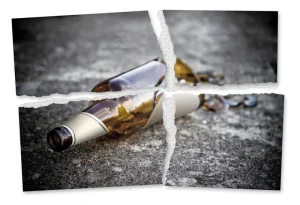
“Clinical management of alcohol withdrawa… A systematic review.” Industrial Psychiatry, July ۲۰۱۳. If you don’t already have a supportive network, you can make new connections by joining social media communities dedicated to alcohol-free living. For snacks, choose foods that are high in carbohydrates, such as pretzels, crackers, or apples, which can help satisfy cravings. Remove all alcohol from your home or ask a friend or family member to do it for you. This includes beer, wine, and liquor, as well as products that contain alcohol such as rubbing alcohol and vanilla extract.
Medically Supervised Outpatient Detox
- These symptoms may start a few hours or a few days after your last drink of alcohol.
- If you don’t already have a supportive network, you can make new connections by joining social media communities dedicated to alcohol-free living.
- Slowly tapering off alcohol is the safest way to naturally overcome alcohol withdrawal, and many at-home remedies can help you cope with mild withdrawal symptoms.
Medications can also help keep a person’s body chemicals in balance, lowering the risk for serious complications. In rehab, a medical professional will administer the medication and monitor its effects. If the medication begins to cause unwanted side effects or interferes with the detox process, another remedy can be used. If you’re a heavy drinker, you may need to wean off alcohol to let your body adjust.
What Is Alcohol Withdrawal?

During an exam, they’ll look for other medical conditions to see if they could be to blame. Alcohol has what doctors call a depressive effect on your system. It slows down brain function and changes the way your nerves send messages back and forth. Therapy combined with an AUD program tends to lead to a high recovery success rate.
What Happens During Alcohol Withdrawal and Detox?
- Those with a wider circle of support have a better chance of staying sober.
- Alcohol withdrawal is mentally, physically and emotionally exhausting.
- Treating alcohol withdrawal is a short-term fix that doesn’t help the core problem.
- Many people stop experiencing alcohol withdrawal symptoms four to five days after their last drink.
By Toketemu OhwovorioleToketemu has been multimedia storyteller for the last four years. Her expertise focuses primarily on mental wellness and women’s health topics. Detoxing may last a https://ecosoberhouse.com/ couple of weeks to several months, depending on the factors mentioned above.

Insurance May Cover The Cost of Alcohol Addiction Treatment

The most important thing to remember is that you don’t have to go through it alone. A medically supervised detox—whether inpatient or outpatient—can make a significant alcohol detox difference in how comfortable and safe the process is. We’re here ۲۴/۷ to help guide you or your loved on through rehab and recovery. Submit your number to receive a call today from a treatment provider. Similar to the first full day of detox, the most painful symptoms will continue into the second day. Hallucinations and panic attacks are common during this time as your body rids alcohol from its system.

In particular, she’s committed to helping decrease stigma around mental health issues. You might run into obstacles along the way that tempt you to drink. Keep in mind the reasons you chose to cut back on or quit alcohol.
- Whether you’re sober curious, know for sure you’re ready to quit, or fall somewhere in between, Dr. Streem shares advice for how to stop drinking.
- The brain’s neurotransmitters are heavily suppressed by alcohol consumption.
- There will be multiple points throughout the process where you will be tempted to drink.
- Go to the nearest emergency room or call ۹۱۱ (or your local emergency service number) if you or a loved one has any concerning symptoms of alcohol withdrawal.